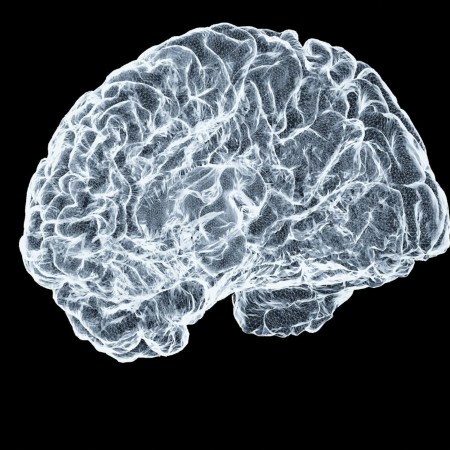If you’ve felt down or experienced a low moment recently (and let’s be honest, in the past two years there have been a lot of them), maybe you also had another, somewhat more depressing thought: “This is actually just how the world is, and I’m seeing it for the first time.”
That feeling is what some scholars have called “depressive realism,” or the idea that depressed people are more realistic about their ability to influence the world around them compared to their non-depressed peers. This term took hold thanks to a 1979 study, and has become a part of the psychological lexicon and understanding around depression since it was created.
However, new research could disprove the long-believed theory. As reported by The New York Times, a study published this month in the journal Collabra: Psychology found that in the first of two replications of the 1979 study, “the patients with more depressive symptoms overestimated their control; in the second, depressive symptoms did not predict any particular bias.” In both samples, the study said, they found “no evidence that depressive symptoms is tied to greater realism.”
Of course, whether or not the more recent study was a direct replication of the 1979 study is up for debate. Brian A. Nosek, a psychology professor at the University of Virginia, told the Times that the new findings “confront us to revise our confidence in prior findings.”
According to the CDC, 1 in 6 adults will have depression at some point in their life, and the COVID-19 pandemic significantly increased cases of depression and anxiety worldwide. Mental Health America found that “10.6% of youth (or over 2.5 million youth) cope with severe major depression” in the United States. These new findings, along with other ongoing research into depression and its effect on the brain, further the destigmatization of mental-health issues, and challenge us to rethink what we know about depression, who suffers from it and whether or not there are “positive” outcomes to be gained.
The Charge will help you move better, think clearer and stay in the game longer. Subscribe to our wellness newsletter today.


















